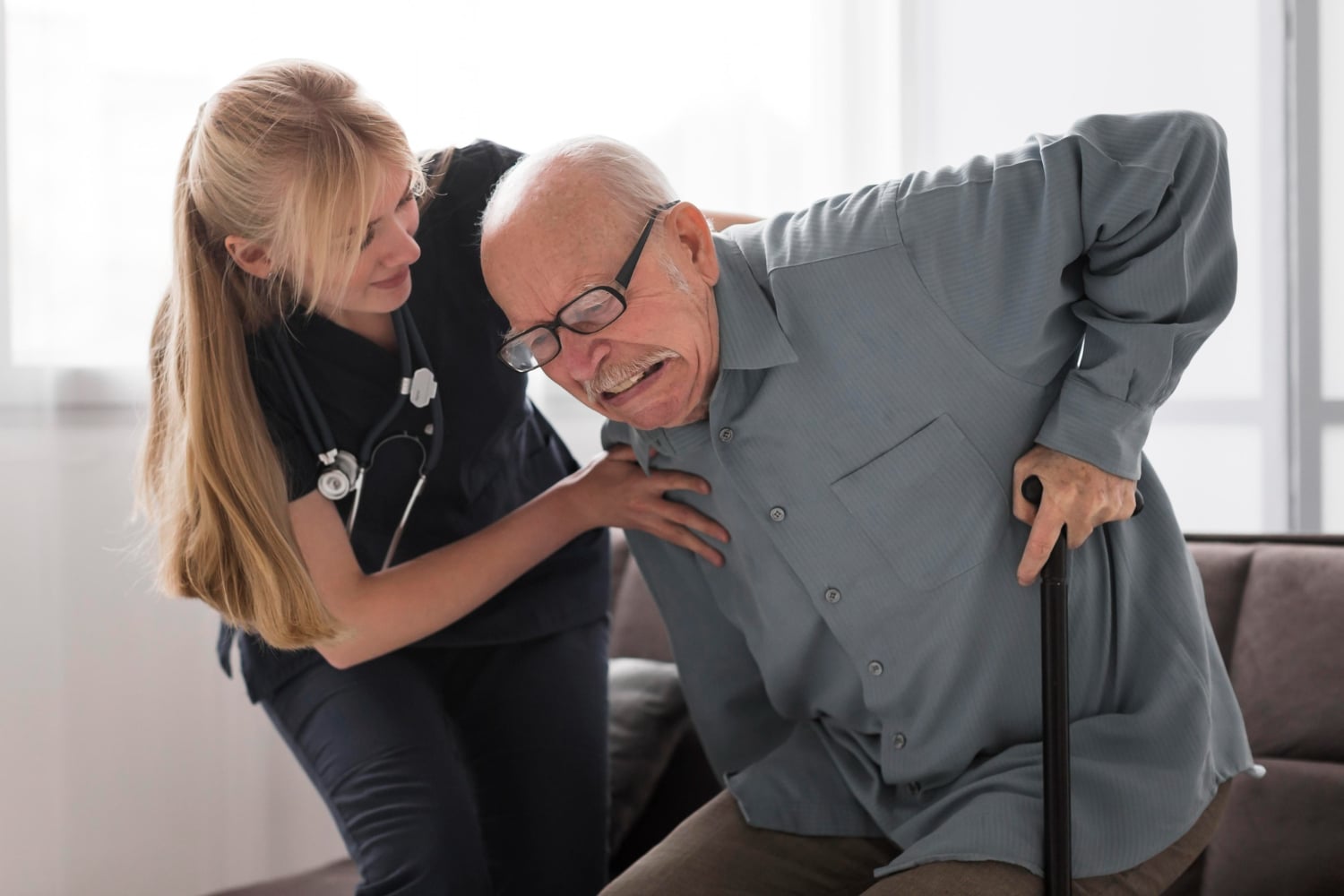Nursing home malpractice cases can be complex and emotionally challenging for families. These cases often involve sensitive issues, making it crucial to understand the defenses that may be used by the nursing homes involved. Recognizing these common defenses helps families stay informed about their legal options and prepare for the potential hurdles they might face.
One key reason for becoming familiar with these defenses is to anticipate the strategies that a nursing home might employ. Understanding how these defenses work means you can better prepare and respond effectively. Whether it’s dealing with denial of responsibility or claims of pre-existing conditions, having this knowledge helps ensure that the needs and rights of loved ones in nursing homes are protected.
Denial of Responsibility
A frequently used defense in nursing home malpractice cases is the denial of responsibility. This strategy involves the nursing home asserting that they had no part in the alleged negligence or that the harm was caused by something beyond their control. A common claim might be that the incident resulted from external factors or was a one-time oversight, rather than a systematic issue within the facility.
When facing a denial of responsibility, gathering clear and compelling evidence is crucial. Here are a few steps families can take to challenge this defense:
– Collect Detailed Records: Ensure you have comprehensive medical records and documentation of any complaints or incidents reported to staff. These records can illustrate patterns of neglect or a history of similar issues.
– Witness Statements: If possible, gather testimonies from staff, other residents, or visitors who can provide insights into the incident or the standard of care provided.
– Expert Opinions: Consulting with medical experts can help establish whether the care given fell below acceptable standards.
Equipped with thorough documentation and witness accounts, families can effectively counter a nursing home’s denial of responsibility. It’s about demonstrating that the care provided didn’t meet established standards and ensuring accountability in such important matters.
Contributory Negligence
Another defense that nursing homes might use is contributory negligence. This argument suggests that the resident, or perhaps the family, has some responsibility for the incident in question. For example, a nursing home might claim that a resident ignored safety guidelines or failed to take prescribed medication, contributing to their injury or condition. This strategy shifts some or all of the blame away from the facility.
Fighting a contributory negligence claim requires careful strategy. Here’s how families can approach this challenge:
– Documentation: Keeping a detailed record of the resident’s compliance with medication and other care instructions can be crucial. Documenting their actions and adherence to guidelines can defend against claims of negligence on their part.
– Testimonies: Gathering testimonies from trusted staff and other residents can help portray the resident’s behavior accurately, challenging assertions that they didn’t follow proper procedures.
– Professional Assessment: A professional opinion from an independent medical expert can highlight whether any alleged negligence significantly contributed to the incident.
The key is showing that the nursing home should still be held accountable for any lapses in their duty of care, regardless of contributory claims.
Assumption of Risk
Assumption of risk is another angle a nursing home might take. This defense suggests that the resident was aware of and accepted the risks associated with certain activities or treatments. For instance, if a resident participates in physical therapy or rehabilitation, the nursing home might claim that the individual understood and accepted the physical risks involved.
Counteracting this defense often includes:
– Informed Consent Records: Review any consent forms the resident may have signed to ensure they’re clear and fully explanatory. Ambiguous or poorly explained consent can undermine an assumption of risk claim.
– Detailing the Events: Provide a documented account of how the injury occurred. This can help differentiate between accepted risks and negligence.
– Expert Evaluation: Seeking an expert opinion can determine if the assumed risks were reasonable and within standard measures. This helps argue that the nursing home’s actions went beyond those normally accepted risks.
By clearly defining what risks were reasonably expected, families can refute the misuse of this defense.
Pre-Existing Conditions
Nursing homes sometimes claim that a resident’s pre-existing condition is responsible for their current health issues. This defense suggests that any harm or deterioration stems from prior health concerns rather than the facility’s negligence. For instance, if a resident’s condition worsens, the home might argue it’s simply an inevitable progression of their existing condition.
To challenge this, consider:
– Medical Records: Present comprehensive medical records demonstrating the status and management of pre-existing conditions before the incident. This documentation helps draw a line between the condition’s natural progression and the home’s possible negligence.
– Incident Correlation: Highlight any specific incidents or situations that correlate with the worsening of the condition, showing clear links to neglect or poor care.
– Expert Analysis: Having a medical expert evaluate the situation can clarify whether the change in status is indeed due to prior conditions or other factors associated with the facility’s care.
Navigating these defenses requires strategic planning and a good grasp of the evidence. By keeping thorough records and seeking professional insights, families can effectively counter these defenses and advocate for their loved ones in a nursing home setting.
Protecting the rights of loved ones in a nursing home requires understanding the intricate defenses these facilities might use. When faced with these challenges, turn to experienced professionals who specialize in navigating such complex cases. Discover more about how nursing home malpractice lawyers can provide the guidance and support needed for such delicate situations. Reach out to The Law Office of Thomas G. Buchanan for expert assistance in Little Rock, AR.

